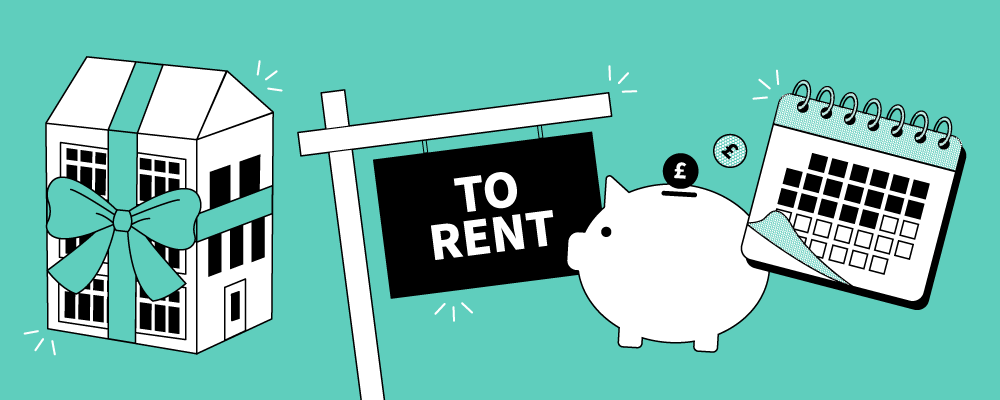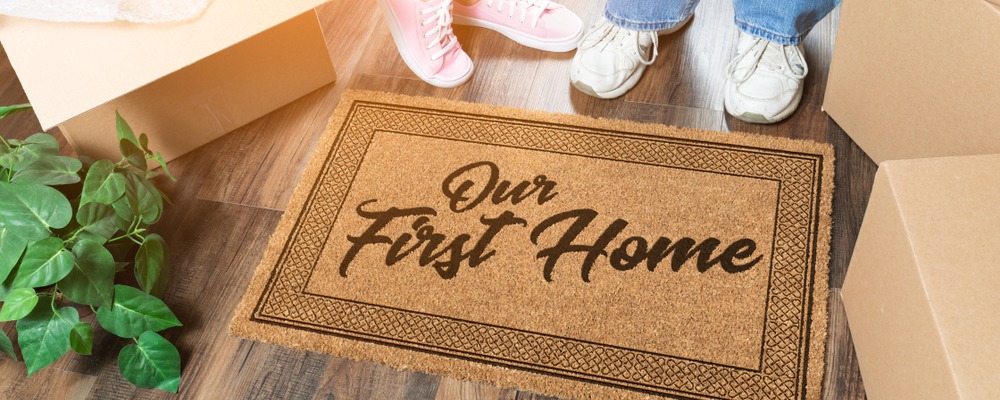
If you’re buying a new home, you’ll have heard of Stamp Duty. But what is it exactly, and will you need to pay it?
What is Stamp Duty?
Stamp Duty Land Tax is a special tax paid to the government for properties over a certain cost. The rate varies depending on how much you pay for your new home, with more expensive properties owing the highest amount of Stamp Duty. At current rates, Stamp Duty for existing homeowners is:- 0% for homes up to £250,000
- 5% for homes between £250,001 and £925,000
- 10% for homes between £925,001 and £1,500,000
- 12% for homes over £1,500,000
Homes over the value of £925,000 and £1.5 million are subject to higher rates of 10% and 12% respectively. It is calculated and paid at different rates, depending on the purchase price. For example, if you were buying a property for £350,000, you’d pay a total of £5,000 in Stamp Duty. This is calculated in the following way:
- £0 for the value up to £250,000
- £5,000 for the value above £250,000
First time buyers
Legislation introduced in November 2017 means that first time buyers in England, Wales and Northern Ireland don’t need to pay Stamp Duty if the purchase price of their new home is below £300,000. On property purchases up to £500,000, there is no Stamp Duty to pay on the first £300,000 and only 5% on the next £200,000 for first time buyers. To work out how much you might owe, you can save yourself the complicated sums by using an online calculator.How to pay Stamp Duty
When you buy a home, you’ll owe Stamp Duty within 30 days of your completion date. If you have a solicitor for the conveyancing process, they’ll usually arrange this on your behalf, as long as you have provided the funds. If you don’t pay within the allotted time frame, you’ll be fined by HMRC. It’s your legal responsibility to pay, so make sure you settle as soon as possible. If you need to, you can put down a smaller deposit to free up funds for Stamp Duty. But if you do this, bear in mind that you’ll end up paying more in interest rates over the lifetime of your mortgage, so it’s worth saving the cash if you can.
This guide to stamp duty was produced in collaboration with L&C Mortgages, the UK’s largest fee free mortgage broker and adviser.


